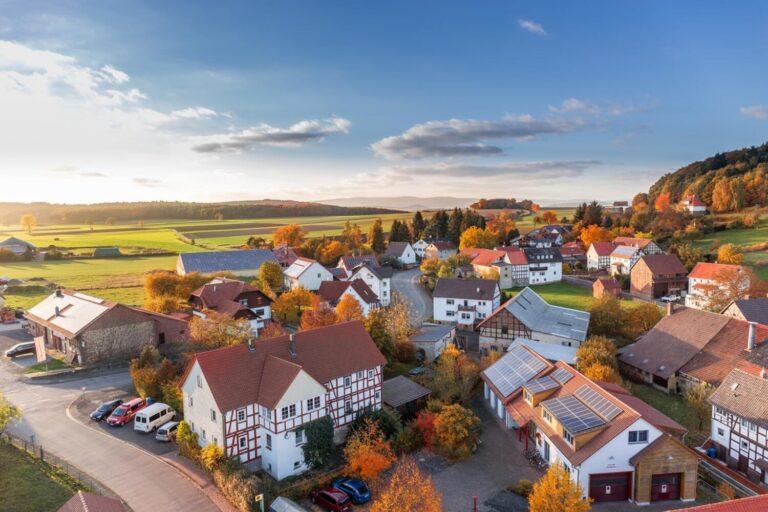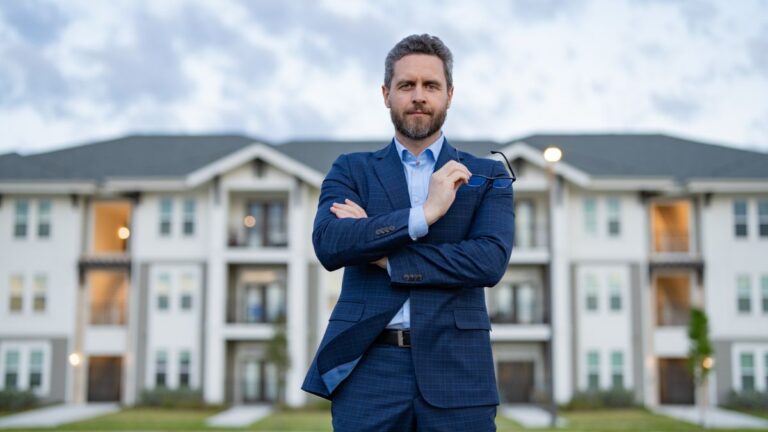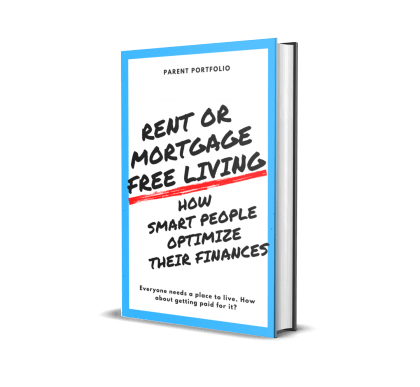9 Things to Know Before Investing in Out-of-State Airbnbs

There are plenty of reasons to think about investing in a short-term rental property out of state.
You may have just gone on a vacation and decided the people who own the place you are renting were making a killing.
You may have been considering buying rental properties and then started seeing the comparison of long-term vs. short-term rentals.
Maybe you were thinking about buying a home you would like to retire into and can’t imagine how expensive they will be by then.
1. Local Vs. Out of State
When thinking about short-term rentals and Airbnb, people usually jump to thinking about great vacation destinations. While this is true, there is a huge demand for vacation destinations and excellent properties in those locations. Do not discount the fact that people are traveling to places within 50 miles of you. Anywhere there are hotels proves there is a demand for short-term stays.
Now that we have the idea that there is not a workable business model for Airbnb near you out of the way, why would you look out of state? There could be plenty of reasons.
You may want to diversify your investments. For example, suppose you already have a house and a job tied to your local economy. In that case, having an asset in another local could provide a level of diversification that can help you rest easy.
A much better reason is for the economics of it. If you are in an area where housing is in high demand and prices are in high demand, but the short-term rental outlook is average, it will be hard to make money there. When investing out of state, you get to cherry-pick markets that fit your criteria.
This ability to cherry-pick a market for your specific needs is what makes investing out of state so desirable. Are you more interested in appreciation than cash flow? Then maybe a tier-one beach destination would perform well for you. If you are looking for a place you can later use as a family vacation destination, you can find that too.
2. How to Select a Market
From a purely financial perspective, you will want to choose a market with strong rental demand, low demand for property, and good prospects for property price and rental demand growth. Unfortunately, these factors are usually at odds with each other, so it will be a balancing act to figure out which factors have the most weight for you personally.
The thing is, you are likely not investing in an out-of-state Airbnb 100% for financial reasons. There is probably some alternative motivation as well. For instance, you are looking for a place you can use as your vacation destination. That has your stuff there.
So it will come down to making a list of markets you would like to own property in and running the numbers to determine if the market is a good financial fit as well.
3. Airbnb Expenses
It is crucial to accurately estimate what your expenses will be to make a sound investment decision. However, what expenses and what proportion they will take on can vary wildly from market to market and by property style. For instance, the cost structure of a 600sqft condo will be different than that of a 4,000 sqft house.
Here are the main expense categories:
- Mortgage
- Property Taxes
- Utilities
- Insurance
- Cleaning
- Maintenance
- Furniture
- Linens
4. Airbnb Revenue
Unlike expenses, it will be harder to project the revenue for a short-term rental. While you can get insurance quotes or calculate the property taxes after they reflect the new purchase price, you will not see a published number on what the revenue will be.
This is because the revenue for each vacation rental is different, even if it is a condo in a community with many other short-term condos.
What you can do is get close. An estimation. A projection based on other factors.
There is a rule of thumb that a good Airbnb should make 3x the long-term rental rate. You can find an estimate for the monthly rent on Zillow or Rentometer. If you find your estimates to be too far off of this metric, you better have a reasonable justification for it. Otherwise, you might need to re-do your calculations.
5. The Revenue Calculation
Short term revenue boils down to this equation:
Revenue = ADR (Average Daily Rate) X Occupancy
The challenge comes to determining what both of these are. First, you can scope out some competition by watching how their calendars fill up and how much they charge. Next, you can use Airbnb to see what other competitive units are getting. Finally, you can get an estimate from Airdna, Airbnb, and/or Mashvisor for the specific property you are looking at.
In the end, you will have to research each of these and make an educated decision about what the target revenue is. Hopefully, there is enough room to be conservative about the revenue and still pay all the expenses.
Main Tasks For Managing an Airbnb Listing
- Responding to inquiries
- Cleaning
- Maintenance
Let’s look into each of these further to see what can be done to automate these tasks and achieve them from out of state.
Responding to inquiries is a no-brainer; all you need is a smartphone to achieve that from out of state.
Cleaning is a bit more challenging. You can try to find local Facebook groups online and ask for recommendations, and you can try Angie’s list. You will need to talk to a few cleaners to have a preferred option and a backup if they are not available. So being able to interview them and go over expectations remotely will be key.
You will also want to communicate the schedule with the cleaners and confirm they will be there. You can do this as a simple text message. You could do it with calendar invites, or you could go as streamlined as using scheduling software to allow them to confirm, decline, and comment about any specific date that cleaning is required.
You can do Maintenance similarly to finding cleaners. You will want to have someone or a companies number you can call for several maintenance tasks that can arise at your property. Most important are having a plumber, HVAC technician, and electrician’s number on hand. You will also want to know who the 24/7 services are in your area in an emergency.
6. Self Manage or Hire Property Management?
The decision to self-manage or hire a professional can depend on how much time you want to invest in your investment systems. Not only are there day-to-day tasks, but there is a big learning curve to become a knowledgeable host.
The downside of hiring a property management company is the fee that they charge. If you are trying to achieve a good ROI on a vacation home, you may find it hard to do with the 20-30% fees that full-service property management companies will charge.
The downside of managing the property yourself is the work that comes with it and the uncertainty of not knowing if you are managing it properly. The main task will be communicating with your guests and managing subcontractors. Keeping your property clean from afar is easier said than done and will require a good relationship with a cleaner.
7. Nationwide Property Managers
There are several nationwide vacation property management companies. While these national companies might not provide the same level of a personal touch as some of the smaller property managers, they can typically make up for it with the efficiency of their processes.
Vacasa is a popular nationwide property manager, but a few others to look into if you want to have a big property manager take care of your Airbnb.
8. Consider The Regulations
A hostile legal environment could be the reason why you are looking to invest in an Airbnb outside of your backyard. Therefore, checking into the regulations in a potential market for investing is super essential before getting into Airbnb.
When investing out of state, you may not know the city’s current legal and political climate. Sure, it may currently be legal, but there may be a coalition developing to put a stop to it.
The only real way to find out what is going on is to do your research. Of course, you can do some online, but the most valuable information will likely be from local real estate professionals.
9. Getting Your Unit Ready
When doing the numbers on a vacation rental purchase, keep in mind that it will take more than an excellent location to get your short-term rental business going. Before you can start taking reservations, you will need to:
- Set up utilities
- Set up internet
- Setup procedures and equipment for self-check-in
- Setup doorbell cameras and/or other security devices
- Furnish the property
- Make any repairs or changes to be rent ready
Conclusion
A lot can go into the decision of buying a home to use as a short-term rental property. This is a significant investment and should not be rushed into. However, if you are adequately prepared and have realistic goals, you are well set up for success.






